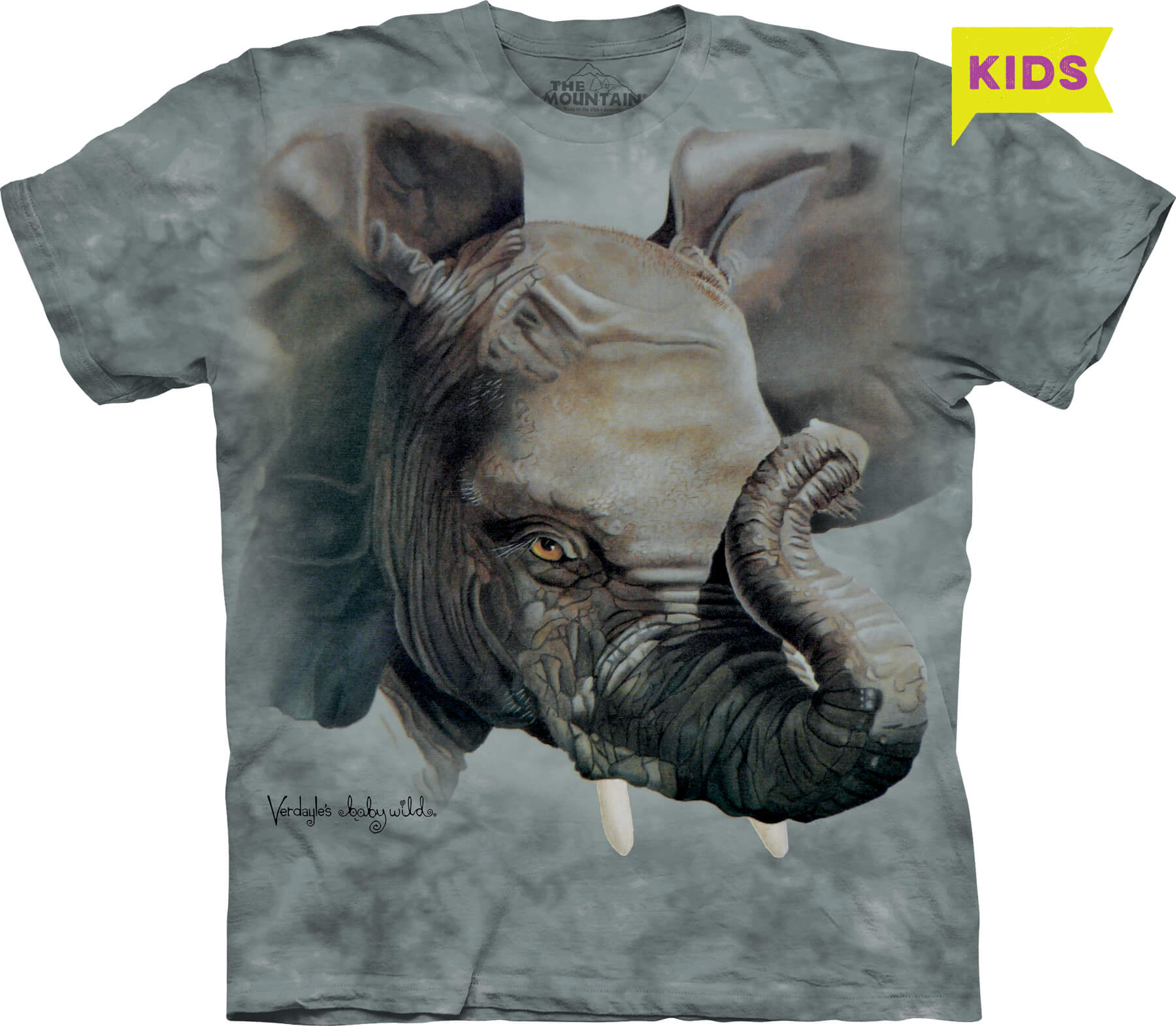Posted by Chelsea Nickerson on 12th Nov 2016
A Woman's Quest to Change the Lives of Children Affected by the Aids Epidemic in Africa

Susanne Garrison is a get-it-done kind of woman with a heart of gold. The exact kind of woman you need to make an impact, and that’s exactly what she is doing with the Wana Duma Children’s Project. Wana Duma’s mission is to improve the life of HIV+ mothers and their children in Kenya. Their outreach takes on many forms, which Susanne will talk about in her interview below, but the most important thing that they provide is hope. Children that would have otherwise had bleak futures, are given the opportunity to dream. Something many of us take for granted.
With the launch of Verdayle’s Baby Wild®, a new collection of Mountain artwear by artist Verdayle Forget, we’re proud to announce that the #MountainTribe will have an opportunity to also provide some hope for these youngsters, because a portion of proceeds from each t-shirt sold will be going to the Wana Duma Children’s Project!

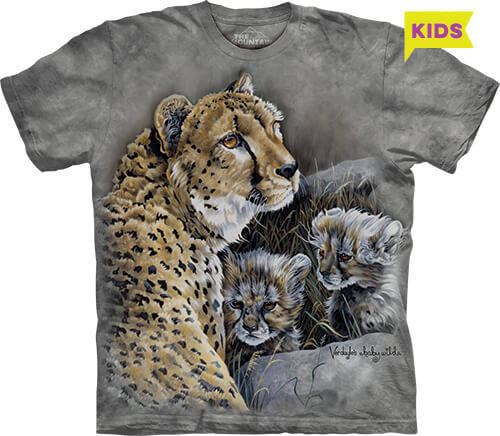


So what’s the deal here? What exactly is Wana Duma, and who is Susanne Garrison? We could tell you, but we thought it would be better if you heard it straight from the Cheetah’s mouth...
When Susanne Garrison volunteered for the Cheetah Conservation Fund in 1997, she had no idea that it would lead to a life dedicated to helping children affected by the AIDS epidemic in Africa, but to quote her long-time friend Verdayle Forget “There are no accidents”...
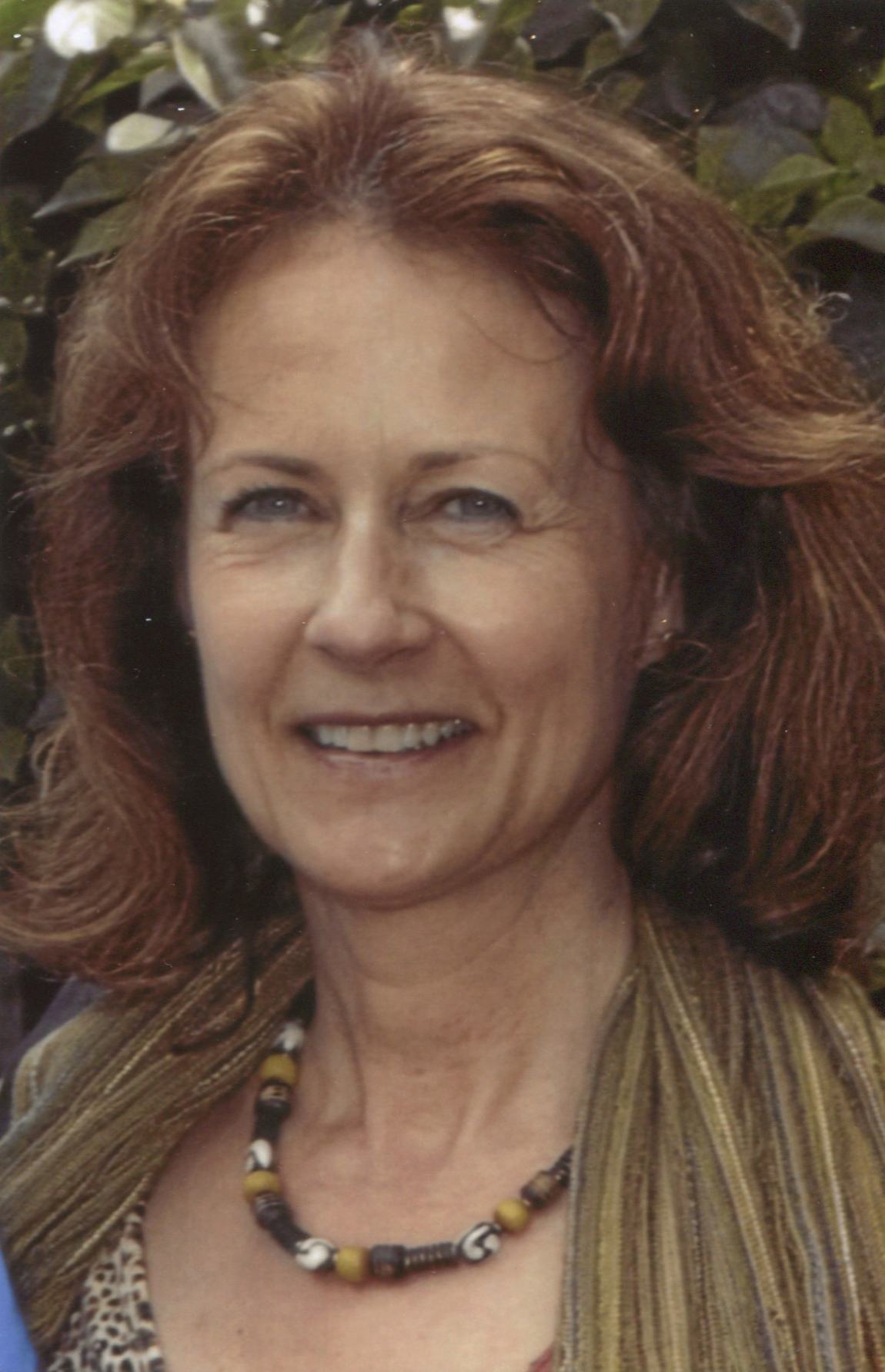
The Mountain: What compelled you to start Wana Duma? Your background seems to be in Wildlife protection, so what made you begin an organization dedicated to helping school Children in Kenya?
Susanne Garrison: In 1994 on the morning of my 40th birthday I found myself sailing over the Serengeti in a Hot Air Balloon....my life was never the same again. I fell madly in love with Africa.
I was a sprinter in High School and College and trained for the 1980 Olympics . My Totem animal was, and still is, the Cheetah, the fastest animal on Earth. In 1997 I went to Namibia on an Earthwatch trip to Volunteer with CCF (Cheetah Conservation Fund), upon my return I became the NW Chapter Head for CCF and did Fundraisers and promoted Education Programs for endangered species. This entailed bringing a Cheetah (Jocara or Jolani from Wildlife Safari in Salem, Ore) and other smaller endangered animals into schools in our area. For many years I organized these events to the delight of many children and teachers.
In 2001, a friend I met in Namibia was starting a Cheetah Project in Kenya. I had friends there and offered to help get her started. In 2002, at a meeting with some of the local Elders, I was asked if I could assist 30 AIDS Orphans with school (uniforms and fees). At $70 a child, I saw it as a "simple act of kindness", one that I personally could afford. But I quickly saw that more support was needed for these children left with their aging Cu-cu's (grandmothers). They had no food, health care, or emotional support. So every year I spent more time caring for these children and less with the Cheetah Project. By 2006 I was spending 2-3 months in Kenya twice a year. In 2008 we went non-profit in the US and officially became Wana Duma Children's Project. I was alternating 3 months in Kenya and 3 months in the US. For the last 3 years I have split that into 3 trips to Kenya as I need to be there more.
We have added mothers who are HIV+ and their children to the Project, realizing that by keeping these mothers healthy, they can live to raise their children, and there will be fewer orphans. This is really a positive and exciting addition and has changed /saved lives.

TM: How exactly does Wana Duma help school children and their families? What kind of outreach do you do?
SG: Wana Duma is an outreach. We go to each home and access the individual needs of the Cu-cu's, HIV+ mothers, and children. They are usually added to our feeding program, given vitamins and medical as directed, and provided rent so that the sick mothers aren't forced to work in the fields to feed their children. We pay for the children's school fees (and often desks and books), uniforms, shoes, backpacks, and extra clothes for all as needed. Each household is different though. They may need mosquito nets, blankets, mattresses, and extra food or special food.

TM: Do you just operate in Kenya or have you branched out to other locations?
SG: Our Project's main focus is in Kenya. In 3 different parts of the Country.
GILGIL, two hours North of Nairobi, is our base where I rent a house and have two pieces of land. On the land we grow food and some staff live there. One piece in particular (7 acres) is our Eco-Village. We are working hard to create a self sustainable "village". Currently planted with maize, beans, peas, bananas, avocados, mango, orange, lemon and pineapple. We've planted 500 endangered trees in honor of Wangari Maathai the first African Woman to win the Nobel Peace Prize Laureate for her work saving the trees. In September of 2016, we start a solar/water project with Rotary of Idaho to bring water up the hill to the "village". The next phase will then be creating fish ponds to feed everyone, and after that, a Nursery school is in the plan.
In the Northern Frontier of Kenya (Samburu land) we've helped build two small schools and have started a Medical Fund. This is a very remote area, and I work with in conjunction with the Milgis Trust. I have been going there since 2001, and go twice a year to check on Projects.
The third part is an HIV+ mother with 5 children in the Korogocho slums of Nairobi. We've been helping her since 2008. By assisting these HIV+ mothers with all needs it keeps their stress levels down, and they don't get sick as often and can be there for their families.
4 years ago we started assisting in our own community (US). We give out 2 scholarships to High School Grads, and we’re slowly working our way into helping others in need through the local Resource Center (and in the near future, our new YMCA and their food programs). This is very important. If for whatever reason we get shut out of Kenya we can continue to help others in need and what better place than our own community....and the need is great!!
TM: That’s incredible work. It sounds like Wana Duma is really getting to places and people that may not otherwise have access to help. Can you elaborate more on the Miligis Trust that you work with in the remote Samburu land?
SG: I met Helen Douglas-Dufrense (Founder of the Milgis Trust) in 2001 on one of her Camel Safari's. I fell in love with the area and the Samburu people. I started working with her in the area and schools at that time. She and her staff oversee any projects that we create together.
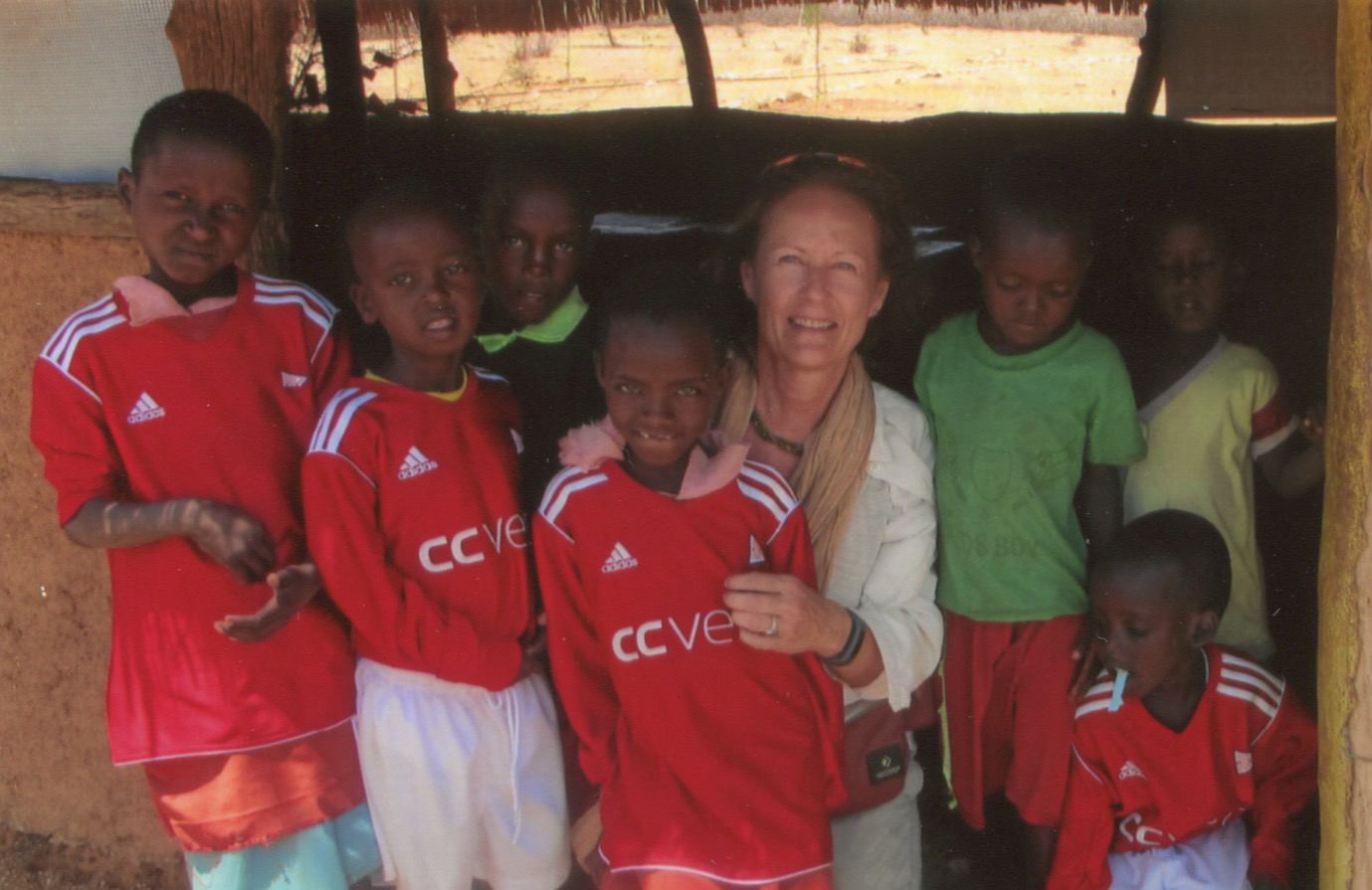
Susanne visits school children at Milgis Trust in Samburu
TM: I imagine it takes a lot of work to maintain all these efforts. Does Wana Duma also provide job opportunities to the locals as well as outreach?
SG: Wana Duma provides many jobs for the local community especially when we have a building project going on. In September (2016) we kick off a major solar/water project on our 7 acres of Eco-Village. Sunrise Rotary of Coeur d'Alene Idaho raised the funds. We are all very excited about this.
TM: Earlier, you said “If for whatever reason we get shut out of Kenya…” What exactly does that mean, and is that the reason why you started focusing on your own community 4 years ago?
SG: At the time when we were writing up our non-profit there was some conflict in Kenya. In the case that I was at some point unable to return (for my own safety) we included the US in our non-profit status. The need in our own community is significant. I saw the need for scholarships to assist those going to college, as well as assisting with food and education programs in the area. I feel it is very important to give back to our community.
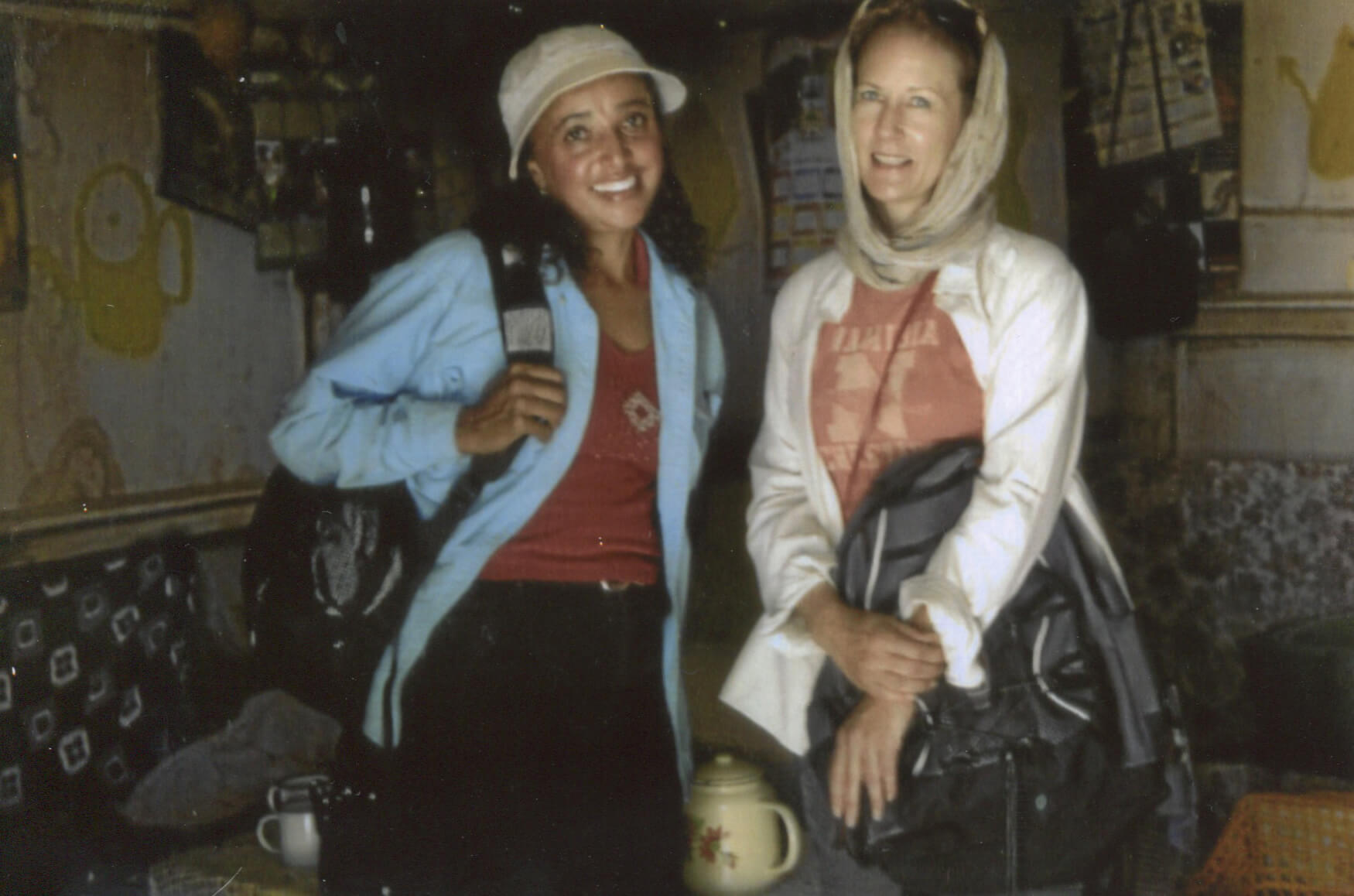
Wana Duma Founder Susanne Garrison (right) with Wana Duma Director Sussane Paul (left)
TM: What’s been one of the biggest accomplishments for Wana Duma, and what’s been one of your hardest obstacles?
SG: This is a hard question...our biggest accomplishments and obstacles are just being able to do what we do in a third world country; To try and understand their cultures (many different tribes and traditions in Kenya). We've fed and educated many children that would not have had that chance. We've assisted well over 150 children in various schools, from pre-school, primary, secondary, vocational, and college. 4 have finished college; another will complete his course this winter. Vocational courses help those that struggle academically. We've put students through bicycle, motorcycle and auto mechanics, electrical and carpentry courses, along with hairdressing, sewing, computer, and drivers ed. When you take on one child you often end up feeding the whole family.
TM: Do you think that if some of these people didn’t get the help that your organization has been able to provide, they may not be alive today?
SG: We've helped many families, Cu-cu's and HIV+ Mothers that would have fallen through the cracks. Many of our early children (when the program first began) would have ended up on the streets, and without proper medicine, food and shelter, may have died. It is a very harsh world.
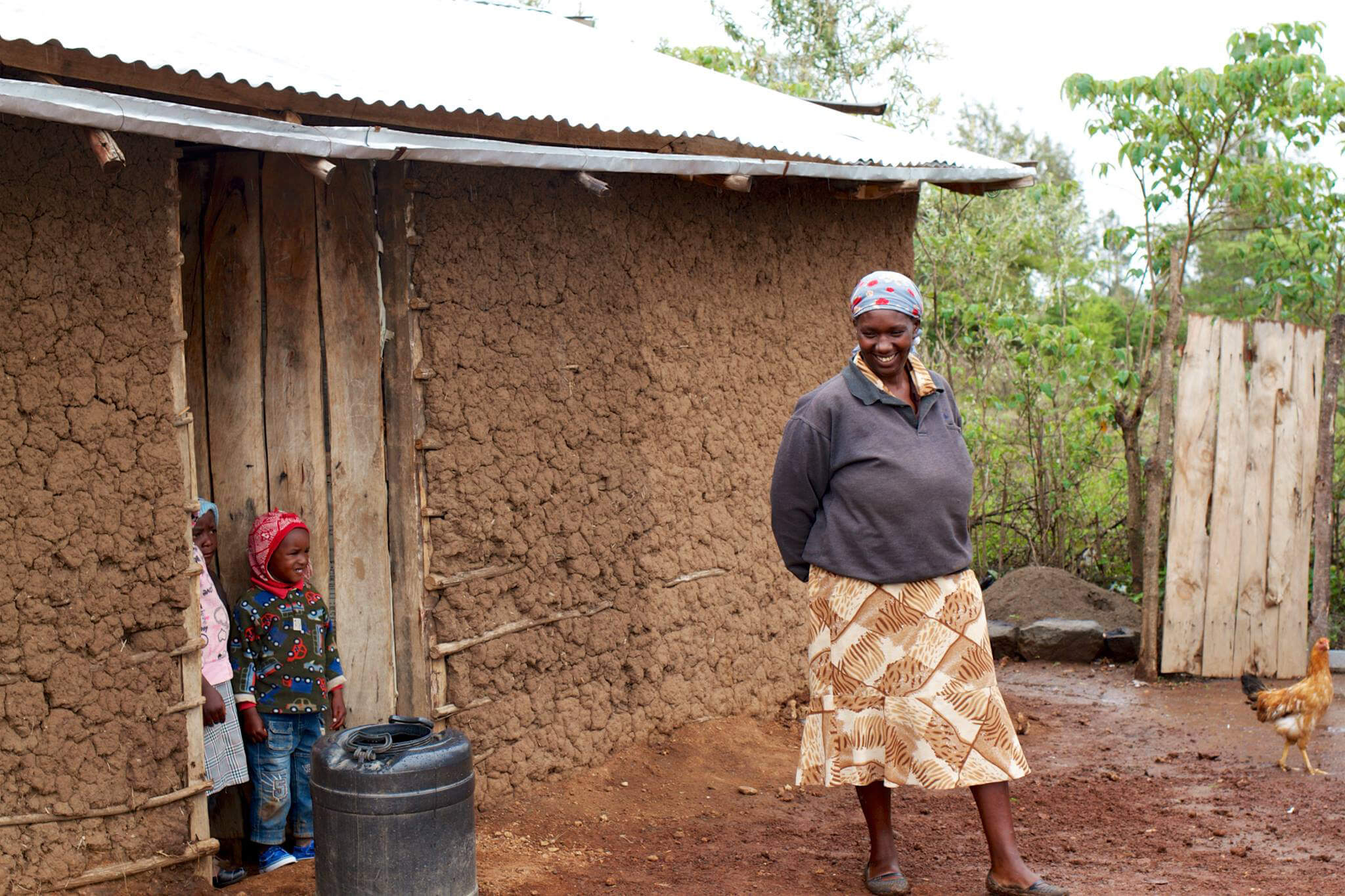
Mama Treasia outside her home - warning her young ones not to get their new shoes dirty on a rainy afternoon.
TM: Throughout this whole endeavor of creating Wana Duma, and building this support system in Kenya, Verdayle Forget has been a close friend. How did you meet Verdayle? What’s it been like working with her?
SG: Verdayle and I met in 1997, right after my return from Namibia: A chance meeting that was meant to be. First her love and support of endangered species and how the Cheetah pulled us together for a reason and a strong friendship bloomed. She was an avid supporter of CCF, and an advocate for the Cheetah work I was doing, and that support continued as the children took over my life. Verdayle and I share a passion for helping others and making this world a better place for all. It is, after all, the "Circle of Life". We need one another.
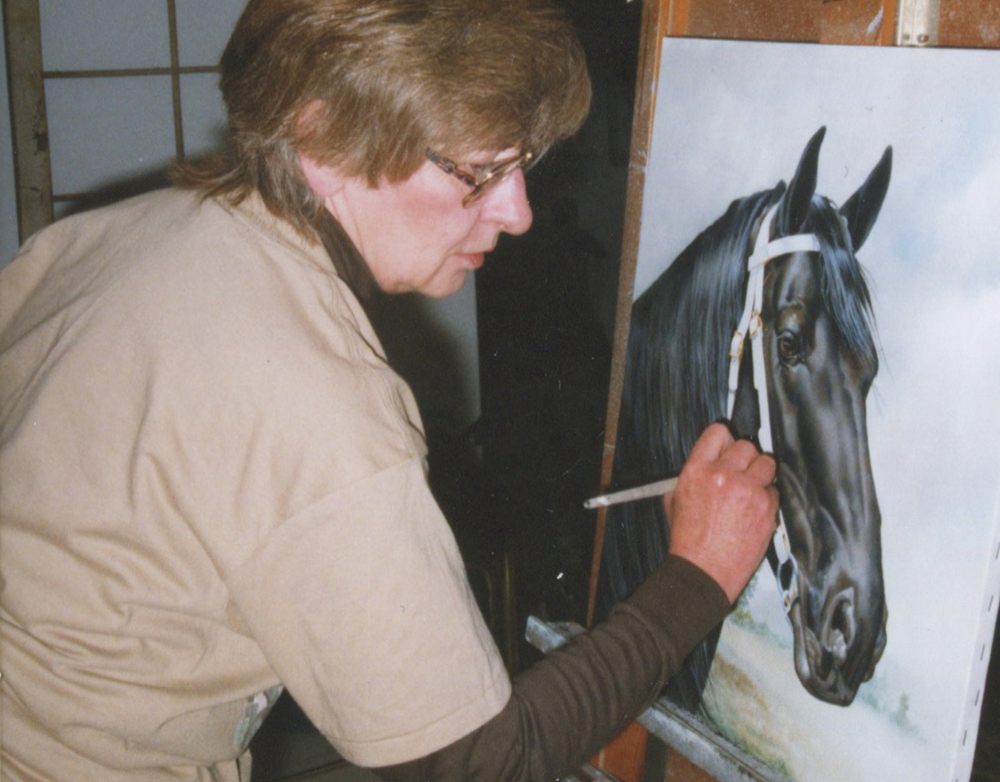
Verdayle Forget painting in her studio.
TM:That’s the takeaway isn’t it? We’re all in this life together, so we need to support one another to live the best possible lives we can. What is one of your fondest memories so far of your time working with the people of Kenya?
SG: My fondest memories are the smiles from the children when they get a new pair of shoes, or warm coat, a backpack full of school supplies, and food; The extremely grateful Cu-cu's and HIV+ mothers when you assist with food and medical needs; To know they go to sleep with a full stomach and warm blanket. Oh, and we never forget the dogs!! They always get a big juicy bone :)
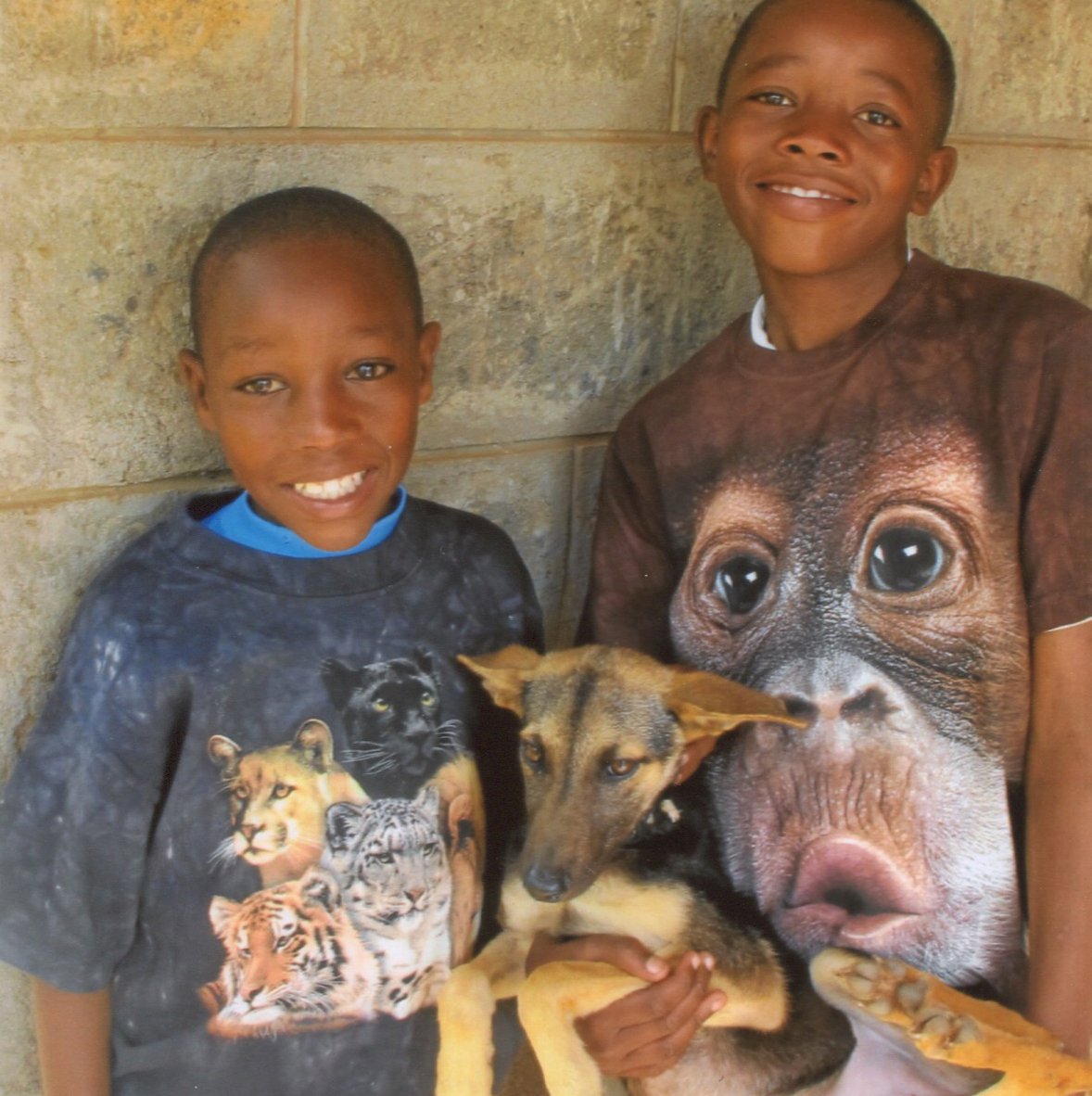

To learn more about Wana Duma and get updates on their work visit their Facebook page.
A portion of proceeds from Verdayle’s Baby Wild collection helps supports the work of Susanne Garrison and the Wana Duma Children's Project.
